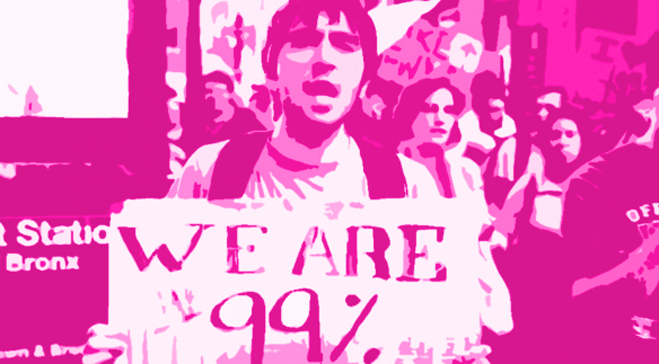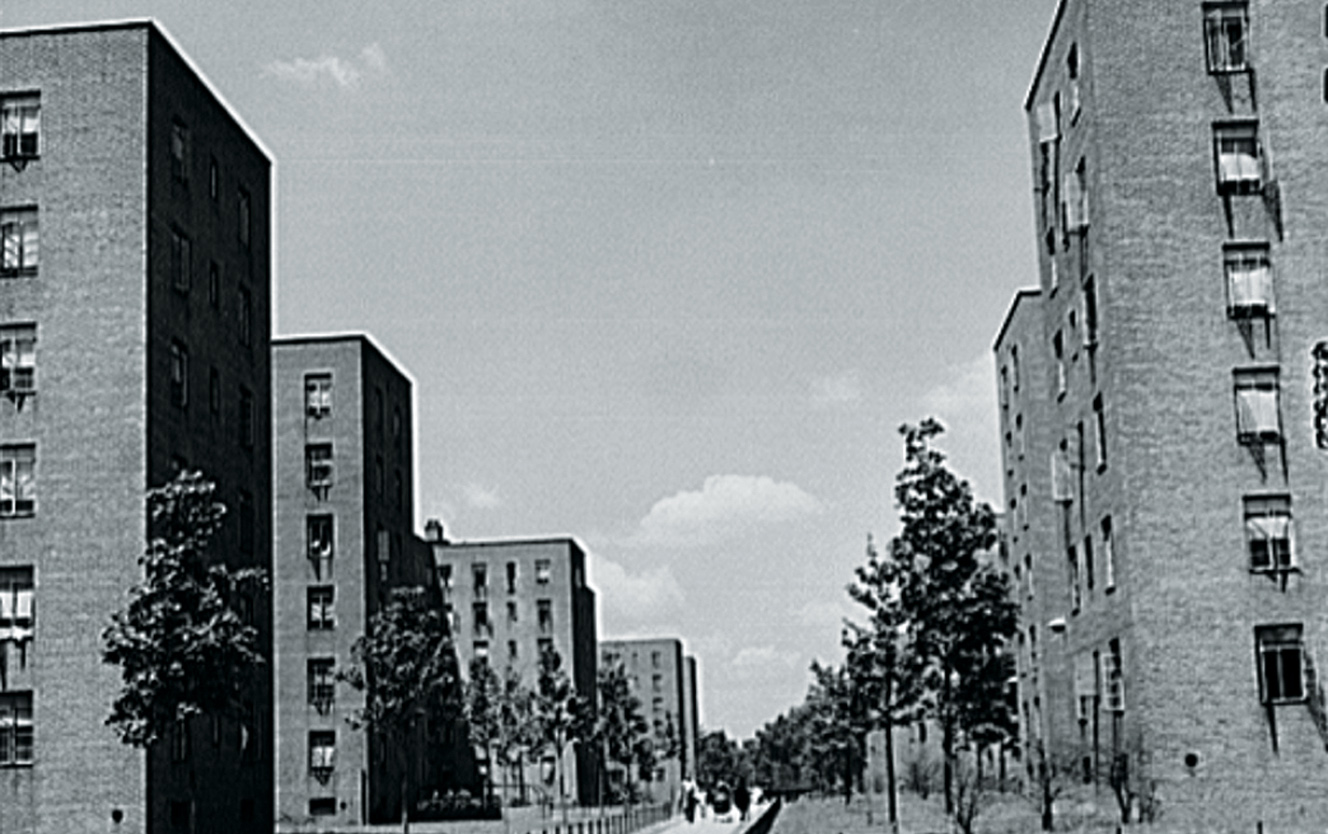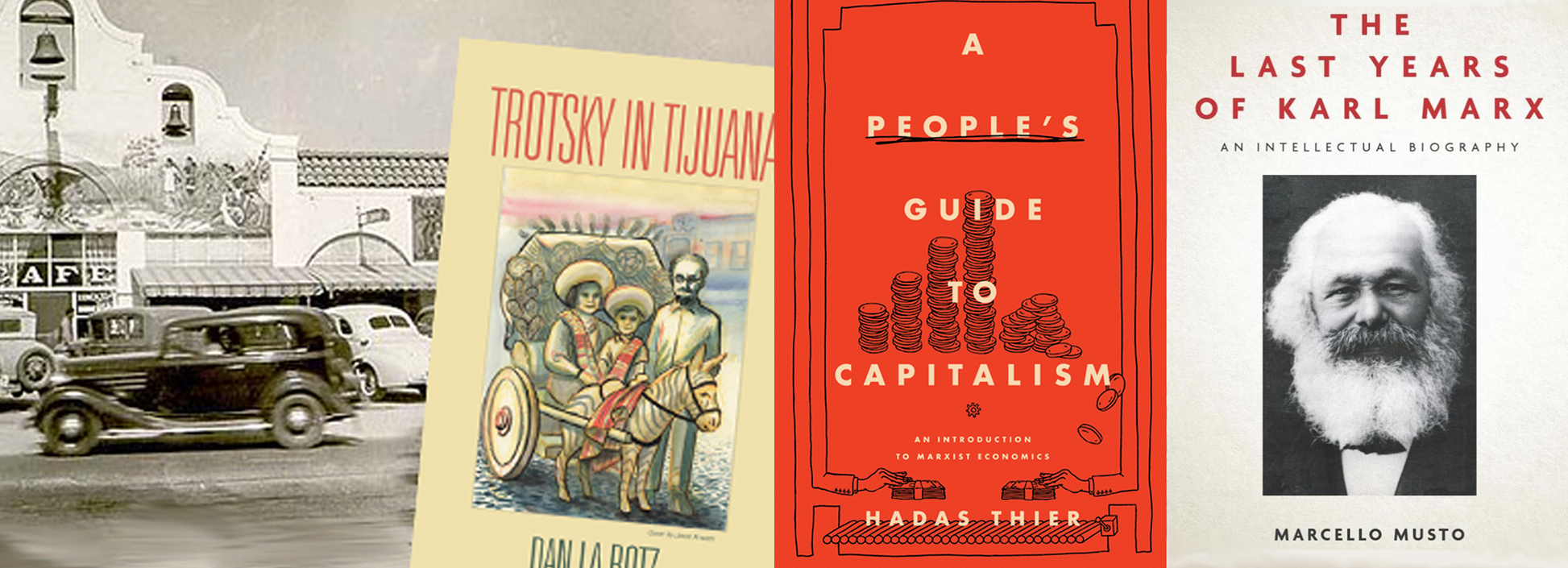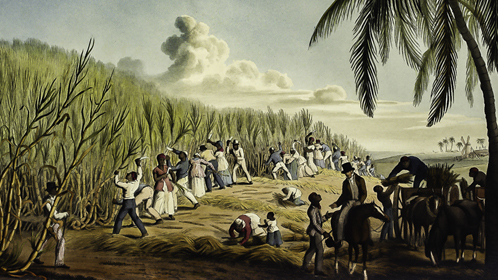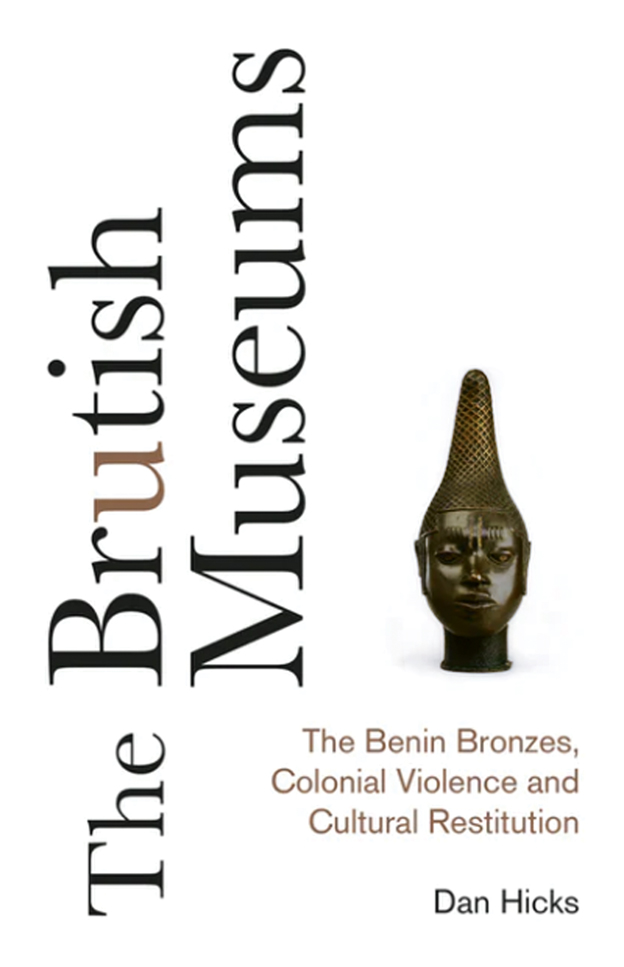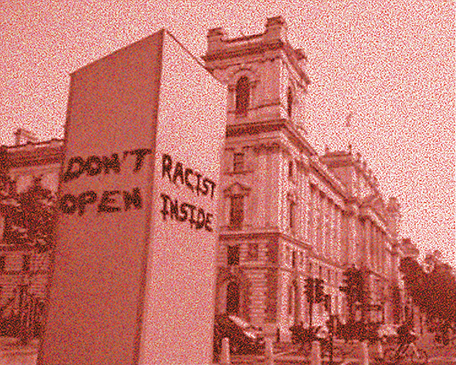Race
What Should Socialism Mean in the 21st Century?
Online: Zoom link will be provided to registered participantsFraser contends that socialism must do more than transform the economy. Over and above that desideratum, it must also transform the economy’s relation to its background conditions, especially non-human nature, the unwaged work of social reproduction, and political power. In a nutshell, a socialism for the 21st century must be ecological, feminist, anti-racist, and democratic.
Social Reproduction and the City
Online: Zoom link will be provided to registered participantsFeminist political economy and feminist welfare state scholarship have not focused on the urban as a scale of analysis, and critical approaches to urban neoliberalism often fail to address questions of social reproduction. To address these unexplored areas, Black unpacks the urban as a contested site of welfare state restructuring and examines the escalating crisis in social reproduction. He lays bare the aftermath of the welfare-to-work agenda of the Giuliani and Bloomberg administrations.
3 Event Pass: 5th Edition
Online: Zoom link will be provided to registered participantsAn exceptional offer for four events at prices where you can consider bringing along a friend—all brought together by the Capital Studies Group.
Blood and Money
Online: Zoom link will be provided to registered participantsThe birth and development of capitalism since its origins in the fifteenth century is entirely bound up with the subordination of racialized peoples. Even before capitalism arose – in a process Marx termed the “so-called primitive accumulation” – money and markets were implicated in the rise and fall of states and empires that conquered and enslaved vast numbers of human bodies. This group will address these histories and their persisting consequences. We will read and discuss David McNally’s Blood and Money: War, Slavery, Finance, and Empire and Jairus Banaji’s The History of Commercial Capitalism among other works.
Blood and Money
Online: Zoom link will be provided to registered participantsThe birth and development of capitalism since its origins in the fifteenth century is entirely bound up with the subordination of racialized peoples. Even before capitalism arose – in a process Marx termed the “so-called primitive accumulation” – money and markets were implicated in the rise and fall of states and empires that conquered and enslaved vast numbers of human bodies. This group will address these histories and their persisting consequences. We will read and discuss David McNally’s Blood and Money: War, Slavery, Finance, and Empire and Jairus Banaji’s The History of Commercial Capitalism among other works.
Blood and Money
Online: Zoom link will be provided to registered participantsThe birth and development of capitalism since its origins in the fifteenth century is entirely bound up with the subordination of racialized peoples. Even before capitalism arose – in a process Marx termed the “so-called primitive accumulation” – money and markets were implicated in the rise and fall of states and empires that conquered and enslaved vast numbers of human bodies. This group will address these histories and their persisting consequences. We will read and discuss David McNally’s Blood and Money: War, Slavery, Finance, and Empire and Jairus Banaji’s The History of Commercial Capitalism among other works.
Heterodox Socialism: Michael Brie, Jean-Numa Ducange, Kieran Durkin
Online: Zoom link will be provided to registered participantsAuthor Jean-Numa Ducange, and editors Michael Brie and Kieran Durkin present on editions they have put together on Jules Guesde, Rosa Luxemburg and Raya Dunayevskaya.
Blood and Money
Online: Zoom link will be provided to registered participantsThe birth and development of capitalism since its origins in the fifteenth century is entirely bound up with the subordination of racialized peoples. Even before capitalism arose – in a process Marx termed the “so-called primitive accumulation” – money and markets were implicated in the rise and fall of states and empires that conquered and enslaved vast numbers of human bodies. This group will address these histories and their persisting consequences. We will read and discuss David McNally’s Blood and Money: War, Slavery, Finance, and Empire and Jairus Banaji’s The History of Commercial Capitalism among other works.
The Brutish Museums: The Benin Bronzes, Colonial Violence and Cultural Restitution
Online: Zoom link will be provided to registered participantsThe story of the Benin Bronzes — carried off by the British in 1897 — sits at the heart of a heated debate about cultural restitution, repatriation and the decolonization of museums. In “The Brutish Museums”, Dan Hicks makes a powerful case for the urgent return of such objects, as part of a wider project of addressing the outstanding debt of colonialism.
The Sinking Middle Class with David Roediger
Online: Zoom link will be provided to registered participantsRoediger demonstrates that an obsession with a “middle class” is relatively new in US politics, starting with Bill Clinton's attempt to win back the so-called Reagan Democrats. The efforts by the corporatist wing of the Democratic Party remain marked by covert appeals to white racism and the avoidance of wealth redistribution.
Blood and Money
Online: Zoom link will be provided to registered participantsThe birth and development of capitalism since its origins in the fifteenth century is entirely bound up with the subordination of racialized peoples. Even before capitalism arose – in a process Marx termed the “so-called primitive accumulation” – money and markets were implicated in the rise and fall of states and empires that conquered and enslaved vast numbers of human bodies. This group will address these histories and their persisting consequences. We will read and discuss David McNally’s Blood and Money: War, Slavery, Finance, and Empire and Jairus Banaji’s The History of Commercial Capitalism among other works.
Blood and Money
Online: Zoom link will be provided to registered participantsThe birth and development of capitalism since its origins in the fifteenth century is entirely bound up with the subordination of racialized peoples. Even before capitalism arose – in a process Marx termed the “so-called primitive accumulation” – money and markets were implicated in the rise and fall of states and empires that conquered and enslaved vast numbers of human bodies. This group will address these histories and their persisting consequences. We will read and discuss David McNally’s Blood and Money: War, Slavery, Finance, and Empire and Jairus Banaji’s The History of Commercial Capitalism among other works.
Empire’s Endgame with Gargi Bhattacharyya and co-authors including Adam Elliott-Cooper, Sita Balani and others
Online: Zoom link will be provided to registered participantsEngaging with Black Lives Matter and Rhodes Must Fall movements, “Empire's Endgame: Racism and The British State” offers an original perspective on race, media, the state and criminalization, and a political vision that includes — rather than expels — in the face of crisis.
Blood and Money
Online: Zoom link will be provided to registered participantsThe birth and development of capitalism since its origins in the fifteenth century is entirely bound up with the subordination of racialized peoples. Even before capitalism arose – in a process Marx termed the “so-called primitive accumulation” – money and markets were implicated in the rise and fall of states and empires that conquered and enslaved vast numbers of human bodies. This group will address these histories and their persisting consequences. We will read and discuss David McNally’s Blood and Money: War, Slavery, Finance, and Empire and Jairus Banaji’s The History of Commercial Capitalism among other works.

